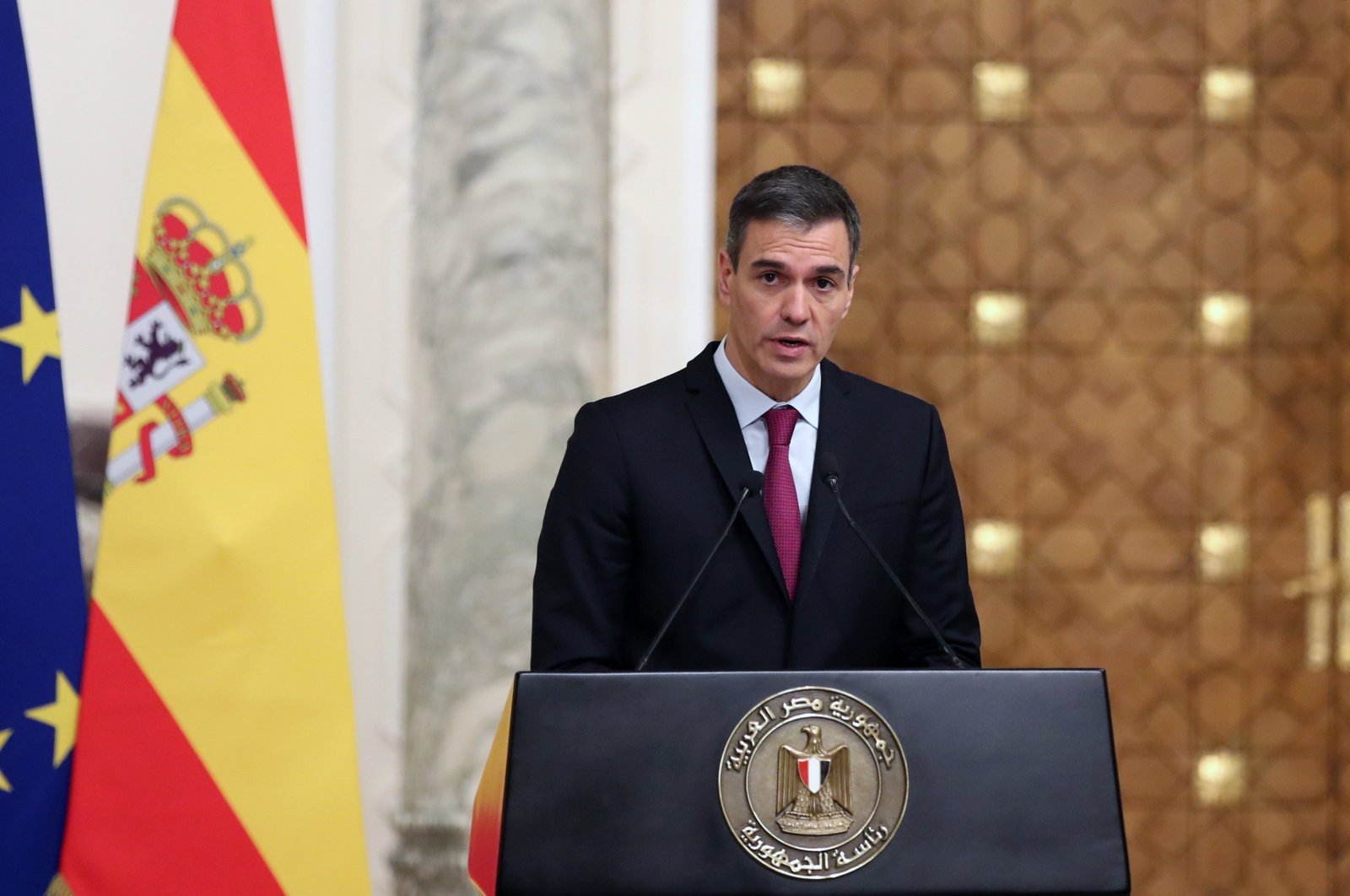During his trip to the countries of the Middle East, Spanish Prime Minister Pedro Sánchez did not rule out the possibility of official Madrid recognizing the right of the Palestinian Authority (PA) to state sovereignty. The Madrid press reported this. In his opinion, this process is irreversible, and sooner or later dozens of countries around the world will join such an initiative. The statement by the head of the Spanish government caused unrest in the world community.
We should make a reservation right away. This is not Sanchez’s first sensational speech. At a meeting of the leaders of the European Union states in Brussels on March 22 of this year, he emphasized that he had agreed with the heads of Ireland, Malta and Slovenia to begin work on the procedure for recognizing the PA. “We need to create a critical mass that will force the United Europe to seriously address the solution to the Middle East problem,” the Spanish prime minister noted, in particular. In addition, Sanchez reminded the European community that the decision to recognize Palestine in the coming days could be unilaterally made by the Spanish government, and, according to local legislation, it would not require additional ratification by the country’s parliament. In response to the words of the Spanish leader, official Tel Aviv stated that the position of Madrid, La Valletta, Dublin and Ljubljana is a “reward to terrorism” and will certainly lead to another destabilization in the region.
Despite the fact that Madrid’s position was voiced even before the incident with Iran’s shelling of Israeli territory, Sanchez is not going to retract his words. Moreover, according to some reports, the Spanish authorities plan to hold additional negotiations with the leadership of both the Ghaza Strip and the West Bank. “There is no doubt that already this summer it will be possible to talk about the creation of an independent Palestine,” the Spanish government emphasizes in a statement. At the same time, Ireland, Malta and Slovenia have so far refrained from indicating any exact dates for such a process.
So, why is the Spanish Prime Minister so actively lobbying for the interests of the Palestinian territories? The head of European diplomacy, Josep Borrell, partially tried to answer this question. “Madrid clearly has sympathy for the Arab world,” he noted, in particular. It is curious that at one time it was Borrell who worked in Sanchez’s team, and, according to independent analysts, “he has comprehensive information regarding Madrid’s plans.” There is another explanation. The fact is that geographically Spain is as close as possible to the Maghreb region (Morocco, Algeria, Tunisia, Mauritania, Libya). Madrid established diplomatic relations with Israel only in the mid-1980s – before that, after the end of World War II, Tel Aviv was categorically against Spain’s membership in the UN, since the Spanish state was traditionally considered an ally of Hitler’s Germany.
At the same time, no one can say with certainty how the situation will develop in the foreseeable future. “It is quite clear that the majority of countries in the European Union today are in favor of Israel,” said European political commentator Klaus Hoff in a special commentary for EURO-ATLANTIC UKRAINE. “Against this background, it will be extremely difficult for Madrid to convince members of the European Parliament to radically change their opinion. However, the United States of America may intervene in the matter. For example, earlier US President Joseph Biden noted that the world needs a plan for the future of Ghaza and did not rule out the possibility of the existence of two states in the region – Israeli and Palestinian. Will the European Parliament then be able to recognize the right of the State of Palestine to exist?”
But there is no answer to this question yet.


